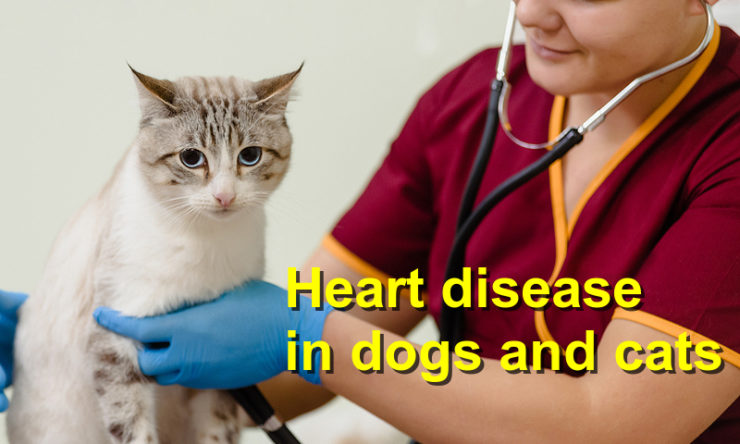Heart Disease in Dogs and Cats?
It can be difficult to diagnose heart disease in cats and dogs without visiting the vet. While the condition might have different symptoms in cats and dogs, a vet can recommend the best treatment option. Unfortunately, there aren’t real proven strategies to prevent heart disease in dogs and cats.
Symptoms of Heart Illness in dogs
The common symptoms of heart disease usually appear in puppies that are born with congenial heart problems. On the other hand, acquired heart diseases can start to show up when the dog ages. Either way, fatigue and inactivity are the first symptoms of congenial heart disease. If you have an active dog, you might start to notice the dog sitting down often during walks.
While owners usually attribute this behavior to age, lethargy or arthritis, this isn’t usually the case and could signify a symptom of heart disease. As the condition worsens, dogs start to cough incessantly and some have an increased respiratory effort or rate. So, if your dog is likely to suffer from heart disease due to predisposed conditions, you should monitor the breathing rate.
For example, when the dog rests on the floor, try to count the chest palpitations in a minute. If you notice a progressive effort in respect to breathing, then you should visit the vet to correct the problem.
Symptoms of heart Illness in cats
The problems is that most cat owners often have difficulty to tell whether their furry friend exhibit symptomatic behavior. But this can progress to heart failure with time when left untreated. It is difficult to tell whether your cat has become inactive due to heart problems, or its just exhibit laziness.
Common symptoms of heart disease in cats include respiratory difficulty, loss of appetite, and increased reclusiveness. Some few cats even cough to indicate heart disease, especially in the advanced stages. However, purring often makes it challenging to monitor the cat’s respiratory rate. Early diagnosis can help to prevent the condition from worsening.
How you can assist your pet with congenial heart disease
As mentioned earlier, it’s important to deal with the symptoms early enough before they progress. The vet will recommend a prescription medication that can extend your pet’s life. So, consult your doctor the moment you suspect your dog or cat has heart disease.
Conclusion
Heart disease in dogs and cats has become normal but early detection can treat the symptoms. So, visit the vet if you suspect your pet is ill.
References:Petmd, Cvcavets, Mulberryvets
Copyright: Local Value


